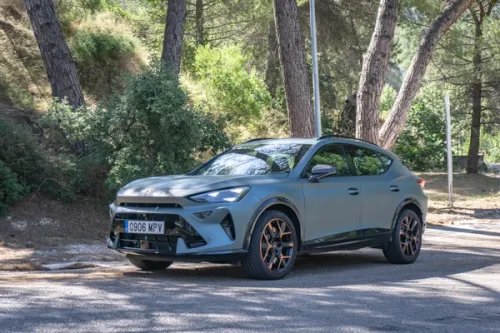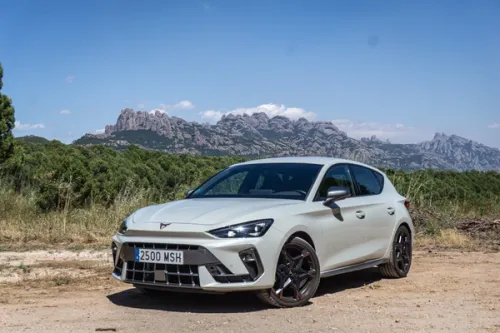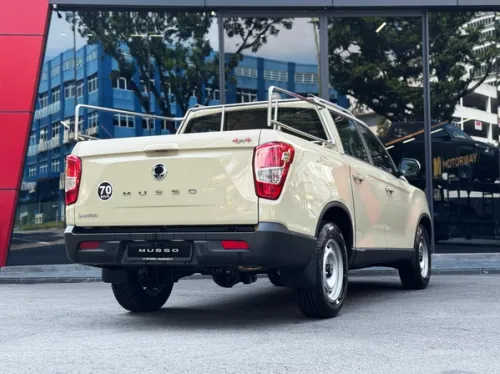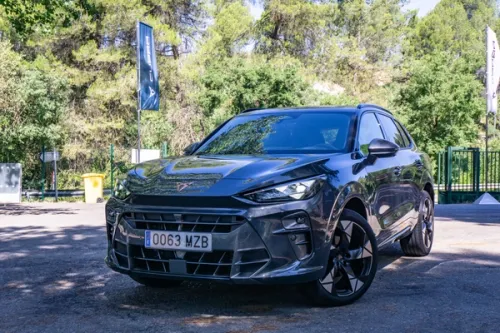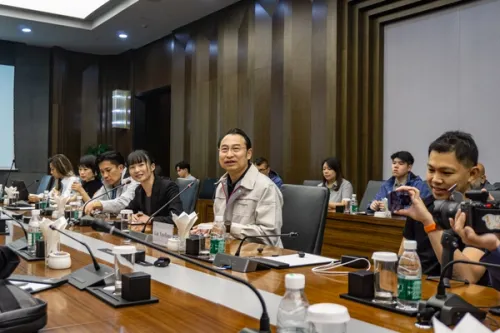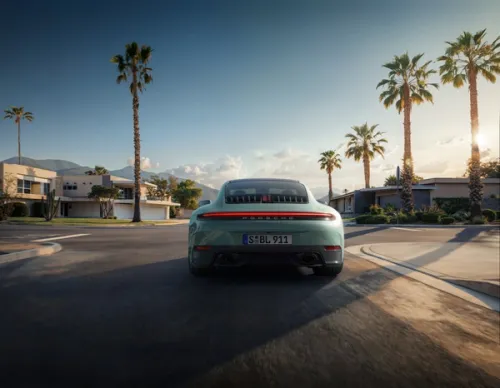Green News: Opel Gave Fuel Cell Cars to Ikea and Enertrag
Opel has added two new prominent partners, IKEA and ENERTRAG, to the real-world testing of its fuel-cell vehicles.


Both companies picked up their HydroGen4 car at a press conference held by the fuel cell project Clean Energy Partnership (CEP) at the Opel Brand Center in the capital city.
This is the second time that IKEA – one of the world’s best-known furniture stores – has partnered with Opel on a sustainable and emission-free mobility project, having already tested the HydroGen3 from 2005 to 2007.
“We were impressed by IKEA’s ideas for a variety of uses for the HydroGen4 from the very beginning. This gives us a wide spectrum of new utility profiles for market testing, and valuable insights for the further development of our fuel cell vehicles,” says Dr. Lars Peter Thiesen, Manager of European Launch Strategy for Hydrogen and Fuel Cells at Opel.
IKEA Deutschland’s CEO Petra Hesser said she was also pleased to be part of the program again. “The frugal and efficient use of energy and resources is one of our core points in our sustainability program. We are very pleased to be able to support Opel in testing this vehicle and, in doing so, do our part in helping to achieve environmentally friendly mobility,” Hesser said.
One of the goals of collaborating with ENERTRAG is to publicize the advantages of hydrogen. In addition to its use as a clean fuel in fuel-cell vehicles, it is an ideal storage medium for the broader use of renewable energy sources. ENERTRAG is one of the leading producers of energy from renewable sources, focusing on the core business area of wind energy.
“The challenge up to 2020 is to connect the energy sector with mobility intelligently and sustainably. For this reason we have developed a hybrid power plant. With Opel, we have found a partner that makes it possible in the short-term to drive with our own sustainably produced fuel – and without any emissions,” said Werner Diwald, CEO of ENERTRAG.
Dr. Thiesen said ENERTRAG added an important element to the environmental equation. “The main goal of sustainable mobility based on fuel-cell vehicles is to obtain hydrogen from renewable energy sources in the long-term. We couldn’t have found a better partner than ENERTRAG to demonstrate the social relevance of this approach,” said Dr. Thiesen.
The HydroGen4 vehicles were handed to Opel’s new partners a day before journalists are to take part in a fuel-cell rally, which will take place May 12 between Berlin and Hamburg, the two model cities in the European CEP light house project.
Opel has had ten HydroGen4 vehicles in its test fleet for the CEP project in Berlin since December 2008. Opel partners ADAC, Allianz, Axel Springer AG/Bild, Coca-Cola, Hilton, Linde, Schindler, Total and Veolia are testing the hydrogen-powered cars in everyday conditions. CEP is an extensive project supported by the Federal Ministry of Transport, Building and Urban Development (BMVBS) to demonstrate the viability of hydrogen as a fuel for road traffic. The regular use of cars with a wide spectrum of utility profiles enables Opel engineers to collect comprehensive performance and fueling data and gain better understanding of infrastructural correlations.
Opel’s involvement in the CEP project is also the European part of the world’s largest market test of fuel-cell vehicles being conducted by General Motors (GM). This global project provides individual customers and corporate partners with a total of more than 100 hydrogen-powered vehicles. During this market testing, GM and Opel gather data that is important to advance this technology and thus come a step closer to a production fuel-cell vehicle. To date, customers have driven the fourth generation of this car more than 2.2 million kilometers with over 17,000 re-fuelings without any problems.
Credits: wilswong


Get the Best Price for your used car
from 500+ dealers in 24 hours

- Convenient and Hassle-Free
- Consumer Protection
Transparent Process
With No Obligation
